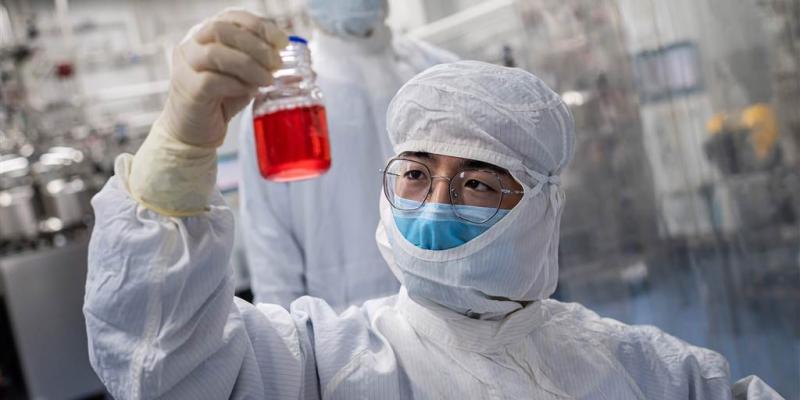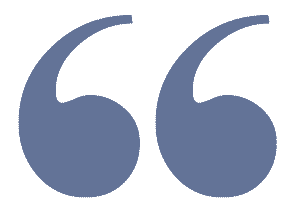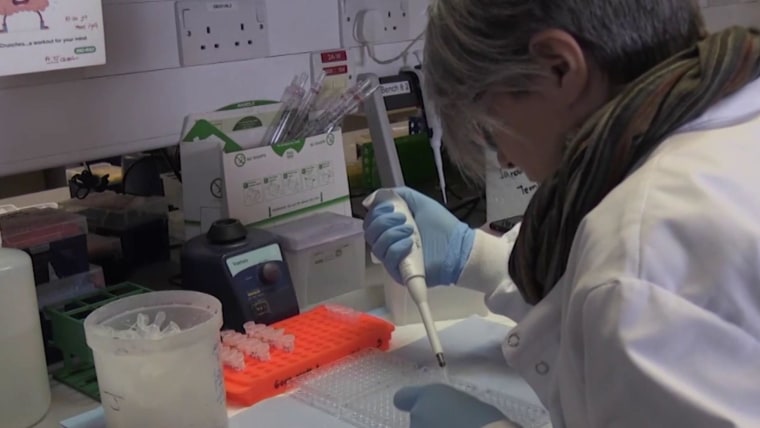Wave of 'vaccine nationalism' hinders global efforts to halt coronavirus



Breaking News Emails
Get breaking news alerts and special reports. The news and stories that matter, delivered weekday mornings. SUBSCRIBE May 16, 2020, 8:53 AM UTC By Alexander Smith
LONDON — The coronavirus crosses borders without regard for national boundaries or identities. But the response to it, and the hunt for a vaccine, has been caught up in a tide of nationalism that was already sweeping the world before the virus hit, and may end up delaying distribution of a vaccine to billions of people.
This competitive vision outlined in the United States and other vaccine-producing powerhouses such as China and India threatens to undermine the efforts of dozens of countries, which are raising billions of dollars in an attempt to find an effective immunizing shot that they say should be available equally around the world.
Some experts and former officials fear that leaders such as President Donald Trump may be pursuing the doctrine of "vaccine nationalism." This is the idea that any government whose scientists win this vaccine "race" — as it's often described — might try to hoard the shots for domestic use.
"Do you believe that Trump's base will be content with a vaccine strategy that does not 'make America great again'?" asked David Salisbury, a former director of immunization for the British Department of Health who is now an associate fellow at the London think tank Chatham House. "If your country develops the vaccine before anyone else, immediately exporting it to another country is not a vote-winner."
This tension between nationalism and internationalism was illustrated at a virtual summit hosted by the European Union last week.

US skips EU summit that pledges billions for vaccine efforts
May 4, 202005:18
Dozens of countries, including Canada, Japan, Israel and Saudi Arabia, teamed up with organizations such as the Bill and Melinda Gates Foundation in pledging $8 billion toward a global fund for vaccines, treatments and testing.
"This will be a unique global public good of the 21st century," the leaders said in a joint statement, committing to making any vaccine "available, accessible and affordable to all."
After a pandemic that has fragmented global supply chains, torpedoed world travel and sparked international arguments over exports of medical equipment, it was a rare moment of cross-border cooperation.
Full coverage of the coronavirus outbreak
But one glaring absentee was Trump, who not only declined an invitation but failed to send any American representative at all.
It was far from the first time Trump has demonstrated his lack of interest in multilateralism. He has openly criticized the founding principles of NATO, branded the E.U. a competitor and slapped its goods with billions of dollars in tariffs, and once told the United Nations General Assembly that "we reject the ideology of globalism."
This year he moved to withdraw funding from the World Health Organization, a U.N. agency, after accusing it of helping China cover up the virus in its early stages, an allegation Beijing denies.
'China cannot afford to lose'
China did attend the E.U.-hosted summit, even though Premier Li Keqiang, the country's second-most powerful official, pulled out at the last minute and sent his ambassador to the E.U., Zhang Ming, instead. Some observers perceived this as a snub.
Despite being the world's second-largest economy, China pledged around $49 million, a fraction of what was promised by many of its European counterparts — such as Norway, at $1 billion.
Let our news meet your inbox. The news and stories that matters, delivered weekday mornings. Sign Up
The most promising trial in China is funded by the government. And a far more nationalistic approach was set out in an op-ed article published by the Global Times, the country's hawkish state-run newspaper, which according to its editor publishes what Communist Party officials privately think but don't say publicly.
"We must be aware that the development of a vaccine is a battle that China cannot afford to lose," it said. "There is no way for China to rely on Europe or the U.S. in vaccine development. China has to be by itself in this crucial field," it added, calling the race "a life-and-death battle."
Another absentee at the summit was India, which is home to the world's largest vaccine producer by volume, the Serum Institute of India. Its owner, the billionaire Cyrus Poonawalla, has openly said that "a majority of the vaccine, at least initially, would have to go to our countrymen before it goes abroad."
A laboratory technician researches coronavirus vaccines at the University Hospital of Bern, Switzerland, on April 22.Arnd Wiegmann / Reuters file
Even for those countries that did attend, it is not clear whether they would have the power to enforce their egalitarian vision in the face of nationalistic or market forces.
French President Emmanuel Macron said that any vaccine "won't belong to anybody," and that those who discover it "will be fairly paid, but access will be given to people across the globe."
This dream was given a reality check Wednesday after Sanofi, the French pharmaceutical giant and one of the leading players in the coronavirus vaccine race, told Bloomberg News that the U.S. was likely to get access before the rest of the world because it had invested more money.
Likewise in the U.K. — which pledged more than $480 million at the teleconference — the pharmaceutical giant AstraZeneca said it "will prioritize the U.K." if its promising trial yields results.
"This debate builds on a long-standing question about nationalism versus global responsibility," said Nancy Kass, a professor and the deputy director for public health at Johns Hopkins University's Berman Institute of Bioethics. "And we happen to be in an extraordinarily nationalistic period right now in the United States."
Like many bioethicists, Kass said it's understandable for citizens to expect first access to drugs developed and manufactured on their soil, particularly at a time of chronic anxiety.
"I don't think it will either be constructive or even necessarily an appropriate framing to think of this in terms of good guys and bad guys," she said. "What I do think is essential is that people use this time before we have a vaccine to have this conversation."
'Incalculable' value
There's no guarantee an effective vaccine will ever be found, and even then it could take a year or more to develop, test and distribute. Worldwide, about a dozen vaccine candidates are in the first stages of testing or poised to begin, small safety studies in people, according to the Associated Press.
"The social value of a safe and effective vaccine is almost incalculable — we are talking about trillions of dollars," said Frank Lichtenberg, a Columbia Business School professor who has spent much of his career estimating how much new medicines are worth.
"Drugs are usually valuable because they decrease mortality," he said, "not because they have the power to stop the unemployment rate hitting 20 percent, like this one might."
Trump has labeled his vaccine effort "Operation Warp Speed," spending hundreds of millions of dollars co-funding efforts by companies such as the Boston-based Moderna and Johnson & Johnson, based in New Jersey.
Johnson & Johnson CEO Alex Gorsky has said his company is committed to coming up with a not-for-profit vaccine that is "available and affordable globally as quickly as possible."
Cobra Biologics, in Keele, Britain, is one of 90-plus projects working on immunizing shots.Carl Recine / Reuters file
And even Trump himself said in March that "I don't care" when asked if he worried about another country beating the U.S. in the inoculation race.
"I just want to get a vaccine that works. If it's another country, I'll take my hat off to them," he said, "We're working with other countries, we're working with Australia, we're working with the U.K."
But the Department of Health and Human Services was clear in a statement March 30 that domestic use would take priority, and that the initial goal was to make a "COVID-19 vaccine available for emergency use in the United States in early 2021."
The vaccine world has been here before. During the 2009 swine flu pandemic, wealthy countries put in advanced orders for the H1N1 flu vaccine, essentially crowding out poorer countries who had to wait longer to get access to the shots.
Download the NBC News app for full coverage of the coronavirus outbreak
However, in this unprecedented situation, where a vaccine could prevent a country's economic collapse, governments might resort to more desperate measures. One tactic might be to ignore patents covering the drugs and manufacture them without consent, according to Sren Holm, a professor of bioethics at the University of Manchester, in England.
That's what South Africa did with HIV/AIDS medicine in the 1990s, ultimately forcing drug companies into a humiliating climbdown in which they licensed the medication at a lower price.
"It showed that these types of threats tend to work," Holm said.
Ultimately, whoever wins the race, the U.S. is unlikely to find itself shut out.
"If the vaccine is discovered somewhere else, then I'm sure that the U.S. will tell that pharmaceutical firm that they have to sell to them as well," Holm added. "The U.S. is by far the most important market for any large pharmaceutical firm, so it would be commercial suicide for any firm to tell America they have to wait."
 Alexander Smith
Alexander Smith
Alexander Smith is a senior reporter for NBC News Digital based in London.
